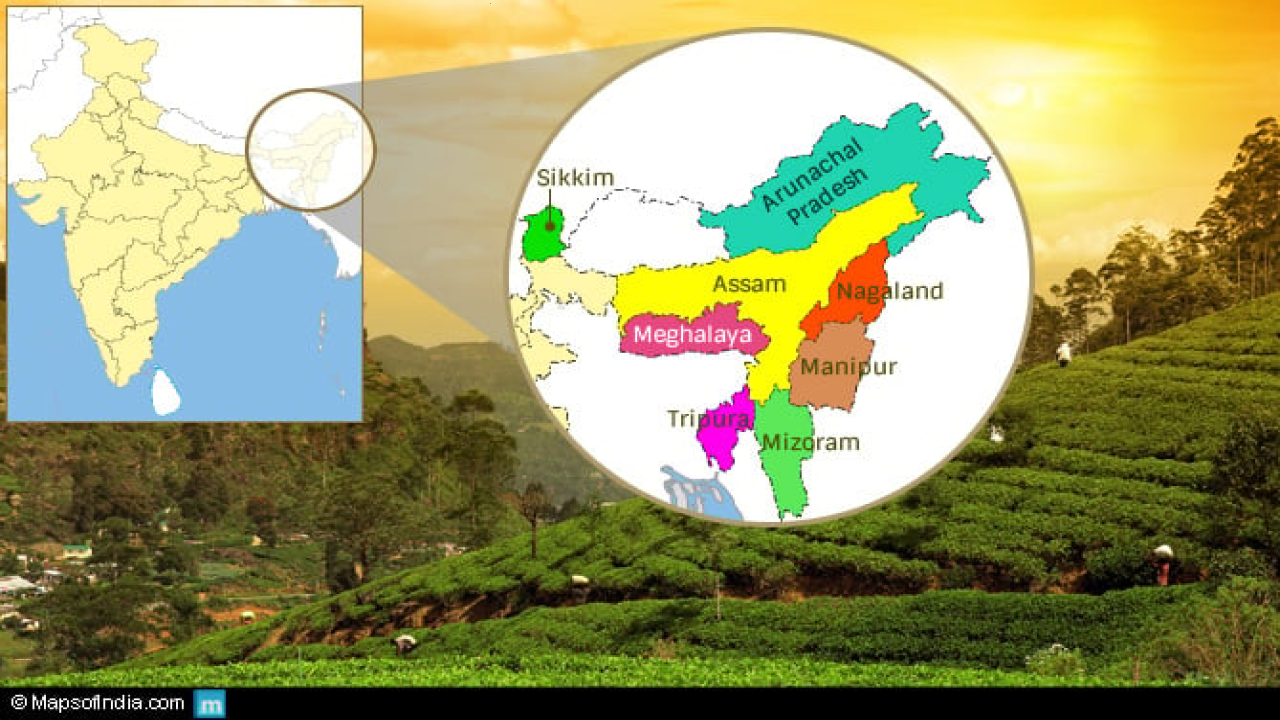What are Primary Agricultural Credit Societies (PACS)?
PACS are village level cooperative credit societies that serve as the last link in a three-tier cooperative credit structure headed by the State Cooperative Banks (SCB) at the state level. Credit from the SCBs is transferred to the district central cooperative banks, or DCCBs, that operate at the district level. The DCCBs work with PACS, which deal directly with farmers.
Since these are cooperative bodies, individual farmers are members of the PACS, and office-bearers are elected from within them. A village can have multiple PACS. PACS are involved in short term lending — or what is known as crop loan. At the start of the cropping cycle, farmers avail credit to finance their requirement of seeds, fertilisers etc. Banks extend this credit at 7 per cent interest, of which 3 per cent is subsidised by the Centre, and 2 per cent by the state government. Effectively, farmers avail the crop loans at 2 per cent interest only.
A report published by the Reserve Bank of India on December 27, 2022 put the number of PACS at 1.02 lakh. At the end of March 2021, only 47,297 of them were in profit. The same report said PACS had reported lending worth Rs 1,43,044 crore and NPAs of Rs 72,550 crore. Maharashtra has 20,897 PACS of which 11,326 are in losses.
Why are PACS attractive?
The attraction of the PACS lies in the last mile connectivity they offer. For farmers, timely access to capital is necessary at the start of their agricultural activities. PACS have the capacity to extend credit with minimal paperwork within a short time.
With other scheduled commercial banks, farmers have often complained of tedious paperwork and red tape. For farmers, PACS provide strength in numbers, as most of the paperwork is taken care of by the office-bearer of the PACS.
In the case of scheduled commercial banks, farmers have to individually meet the requirement and often have to take the help of agents to get their loans sanctioned. NABARD’s annual report of 2021-22 shows that 59.6 per cent of the loans were extended to the small and marginal farmers.
Since PACS are cooperative bodies, however, political compulsions often trump financial discipline, and the recovery of loans is hit. Chairpersons of PACS participate in electing the office-bearers of DCCBs. Political affiliations are important here as well.
Where is computerisation needed?
Dr Hema Yadav, director of Pune-based Vaikunt Mehta National Institute of Cooperative Management pointed out that while SCBs and DCCBs are connected to the Core Banking Software (CBS), PACS are not. Some PACS use their own software, but a compatible platform is necessary to bring about uniformity in the system.
Computerisation of PACS has already been taken up by a few states, including Maharashtra. The Maharashtra State Cooperative Bank has plans to directly lend to PACS in districts where the DCCBs are either financially weak or have lost their banking licence. In such a scenario computerisation of PACS would help.
Written by Parthasarathi Biswas
Source: Indian Express, 8/02/23






